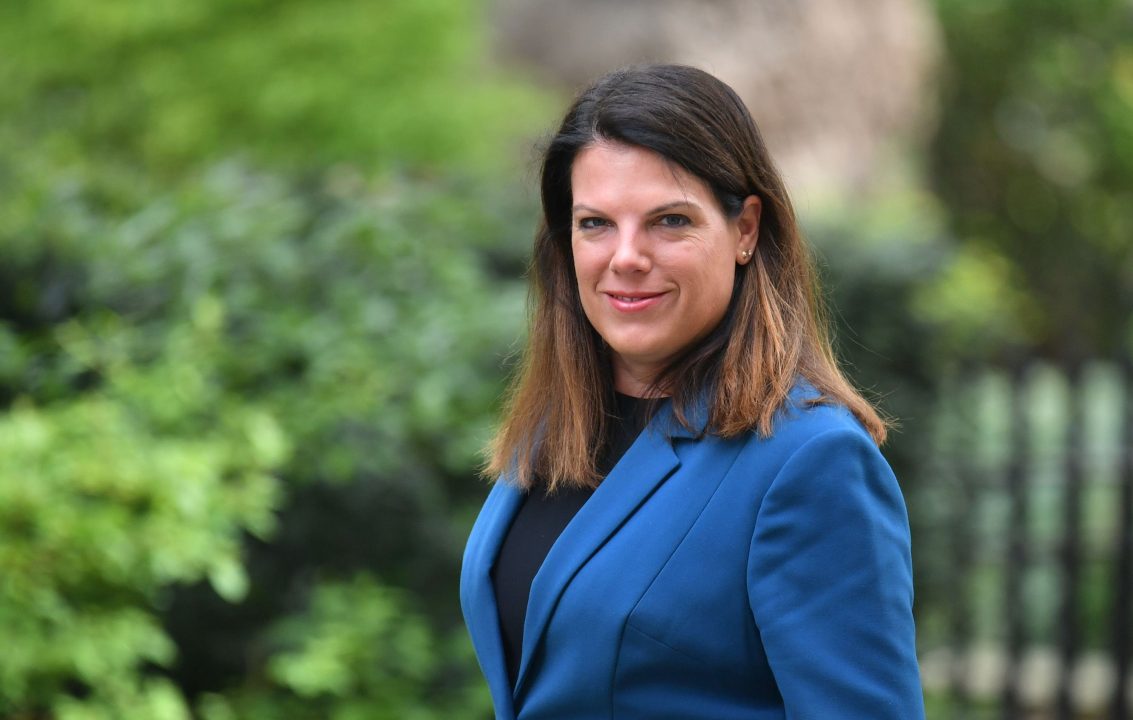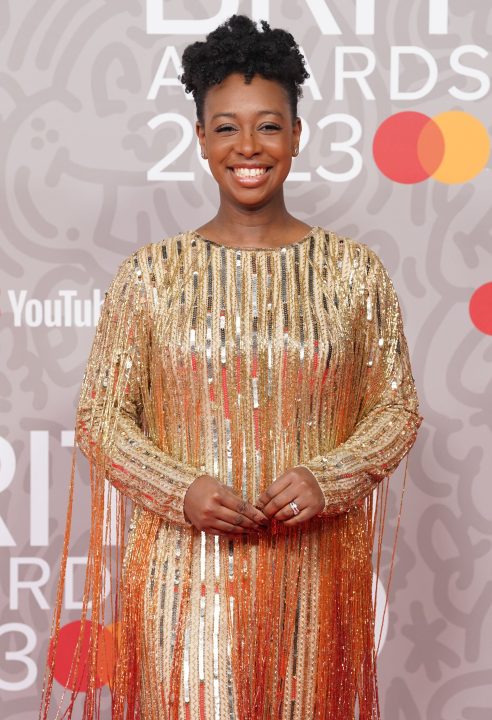Musicians have to sit beside sexual abusers at award ceremonies, MPs have said as they warned that misogyny and discrimination is “endemic” in the industry.
A report by the Women and Equalities Committee, released on Tuesday, found that there is a “boys’ club” where sexual harassment and abuse is common, and the non-reporting of such incidents is high.
MPs heard evidence for the report, from the Musicians’ Union, heads of music festivals and record companies, during the misogyny in music inquiry.

The report concluded: “Women in the music industry have had their lives ruined and their careers destroyed by men who have never faced the consequences for their actions.
“Much of the evidence we received has had to remain confidential, including commentary on television shows and household names.
“That is highly regrettable but demonstrates the extent of the use of NDAs (non-disclosure agreements) and the culture of silence.
“People in the industry who attend award shows and parties currently do so sitting alongside sexual abusers who remain protected by the system and by colleagues.
“The music industry has always prided itself on being a vehicle for social change; when it comes to discrimination, and the harassment and sexual abuse of women, it has a lot of work to do.”
The committee asked ministers to stop NDAs being used in cases of sexual abuse, harassment, misconduct or bullying as victims are often “threatened into silence”.
It also recommended that suspension of existing NDAs should be looked at along with licensing requirements for studios, music venues, managers of artists and the security staff.
Chairwoman of the Women and Equalities Committee, Caroline Nokes MP, said: “Women’s creative and career potential should not have limits placed upon it by endemic misogyny which has persisted for far too long within the music industry.
“Our report rightly focuses on improving protections and reporting mechanisms, and on necessary structural and legislative reforms.
“However, a shift in the behaviour of men — and it is almost always men – at the heart of the music industry is the transformative change needed for talented women to quite literally have their voices heard and be both recognised and rewarded on equal terms.”
There is also a lack of representation at the highest level, the report says, as only one in 10 headliners at music festivals in the UK were women in summer 2023 and women represent less than a third of top-selling artists in music and 14% of songwriters.
However, last year seven of the top 10 tracks and 13 of the top 20 were by women.
The report also found that gatekeepers judge women on their looks rather than ability and work has been lost because of people saying they are “not attractive enough” or do not have “the right body type”.
Employers asking female musicians or some women in a band to promote a “sexy image” is not uncommon, the report also said.
Other measures recommended include amending the Equality Act to ensure protection for freelance workers.
Employers should also be required to protect workers from sexual harassment by third parties under law, MPs said.
The committee want the music industry and Government to increase diverse talent funding and pathways for women to enter careers in talent scouting and oversee artists’ development, sound engineering and production.
Organisations which have more than 100 employees should publish statistics on the diversity of their workforce and gender and ethnicity pay gaps, MPs say.
The committee also hope that the newly created Creative Industries Independent Standards Authority (CIISA) will shine a light on bad behaviour in the music industry but warned that it is “not a panacea for all of the problems in the industry” and “time will tell whether it has the powers required to drive the changes needed”.
A Government spokesperson said it is considering the recommendations and welcomed Creative UK’s work and the creation of the CIISA.

They added: “All women should be able to work in a music sector which is free from misogyny and discrimination.
“The industry must do all it can to ensure there is a supportive and safe working environment and to address any imbalances of power that exist.”
In a joint statement, Jo Twist, chief executive of the British Phonographic Industry (BPI), and YolanDa Brown, musician and BPI chairwoman, said misogyny is “completely unacceptable”.
They added: “This report contains some thoughtful recommendations and recognises that all parts of our industry have a shared responsibility to tackle this important issue head on.
“We are already working with the wider music sector to build on the progress our label members are leading the way in making and in supporting the work of UK Music and the ongoing development of CIISA.
“As the committee acknowledges, record companies have increased representation of women in executive positions, and we’re seeing more women – as artists and in their teams – achieve success.”
Follow STV News on WhatsApp
Scan the QR code on your mobile device for all the latest news from around the country








